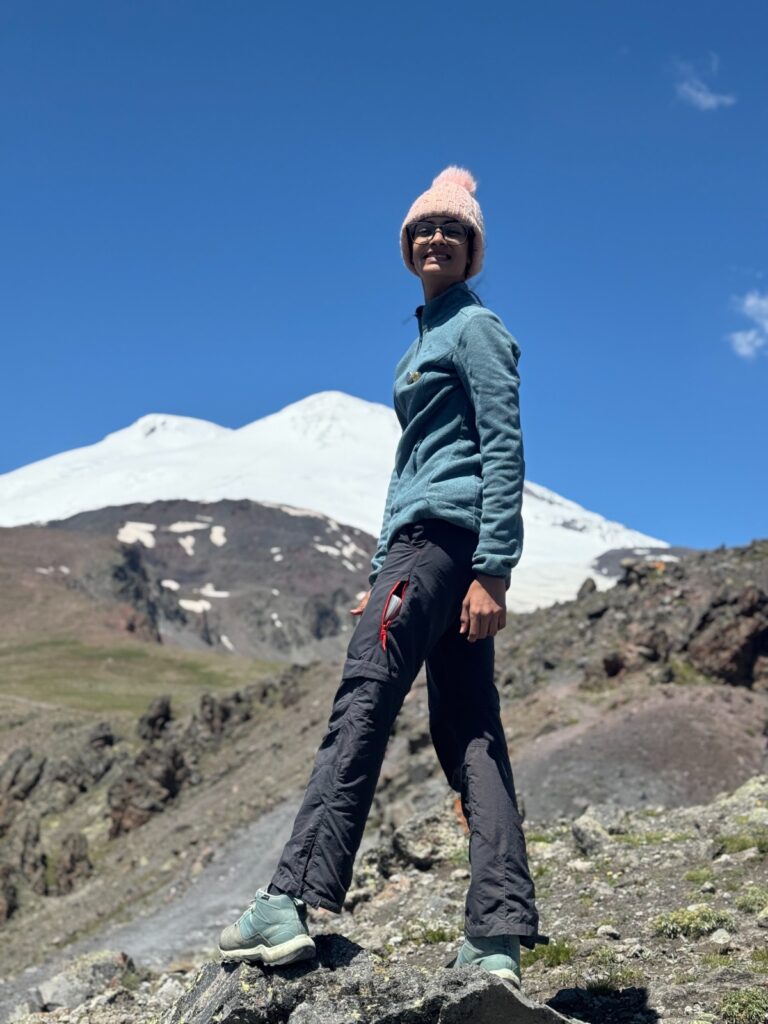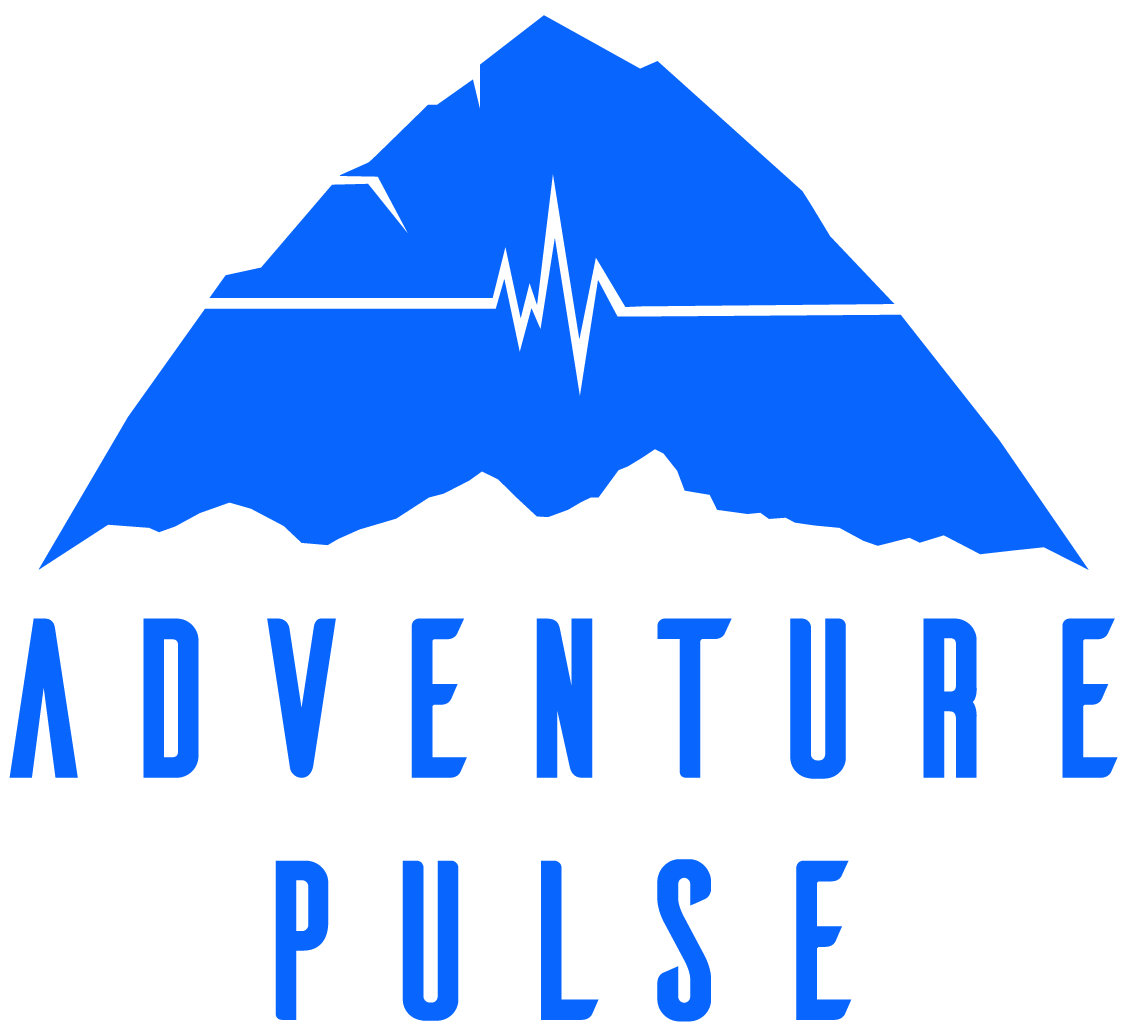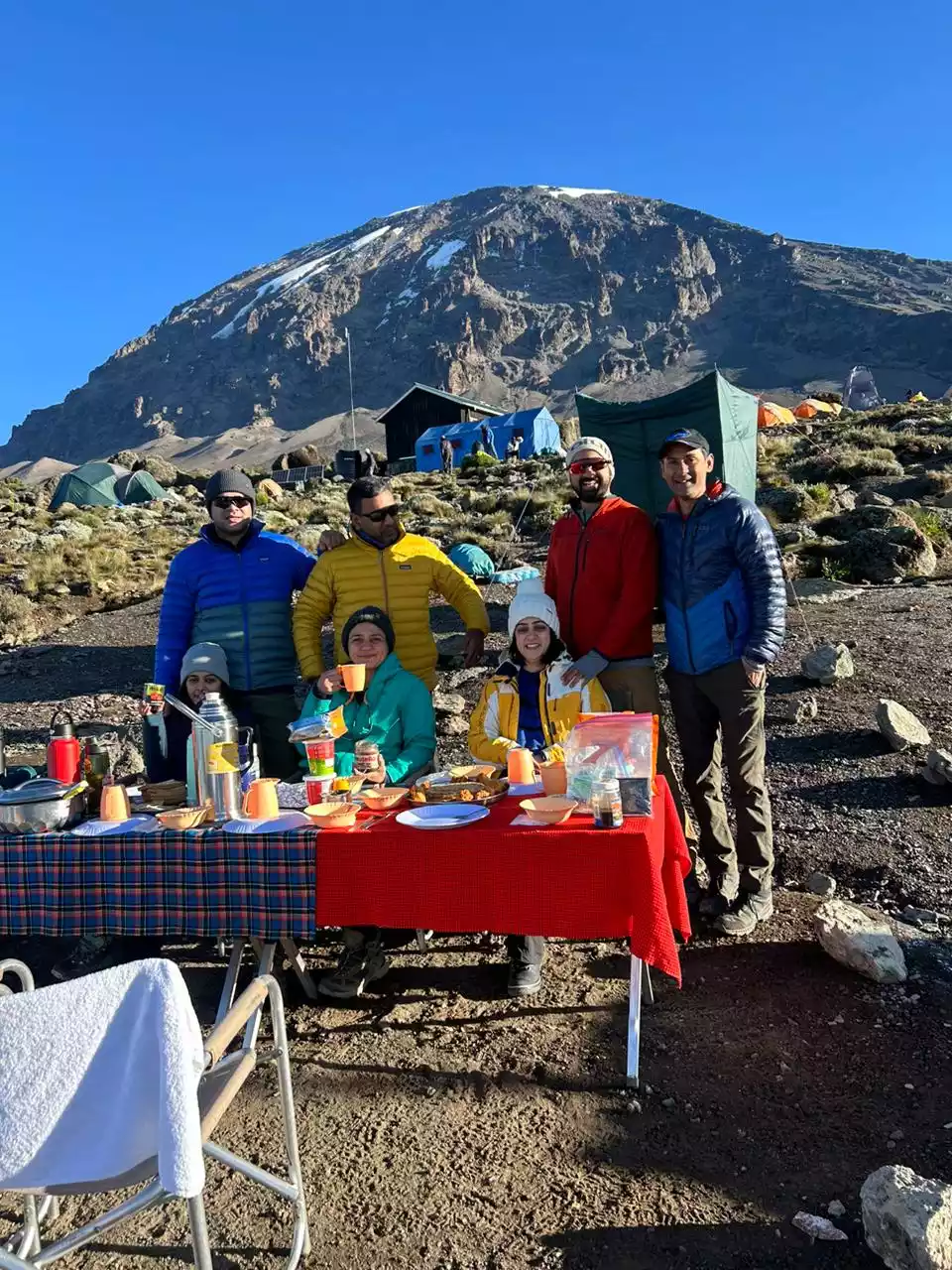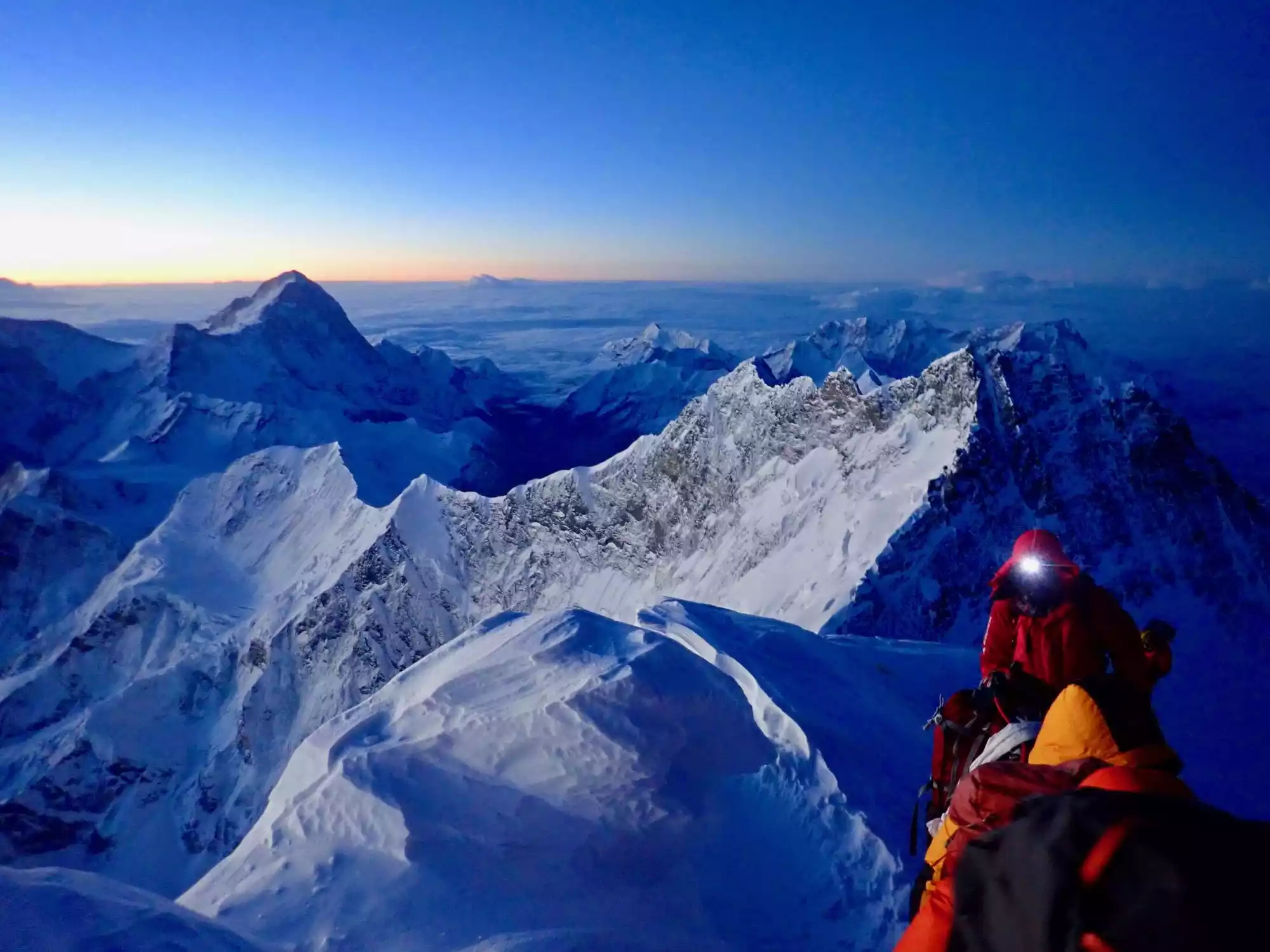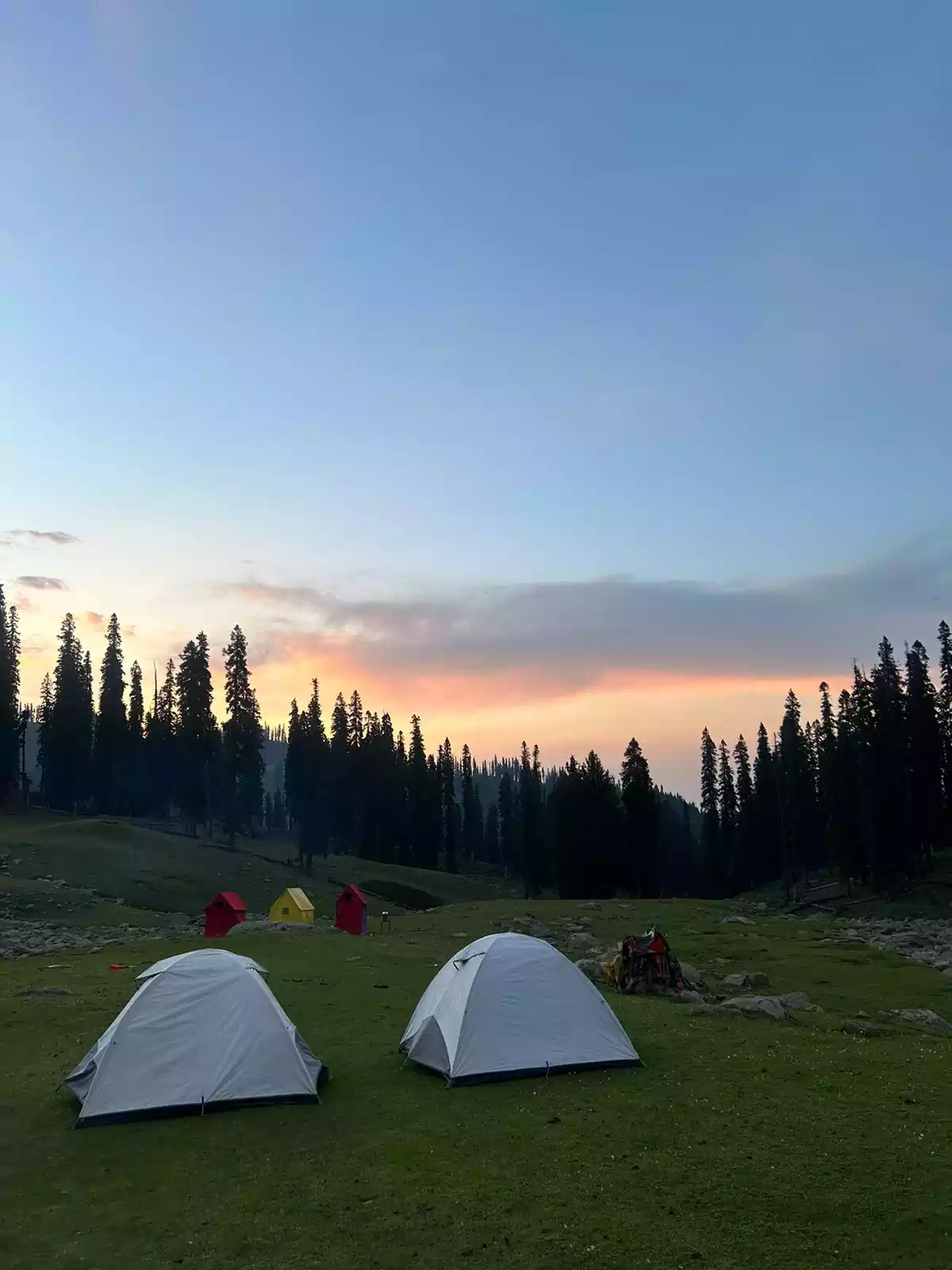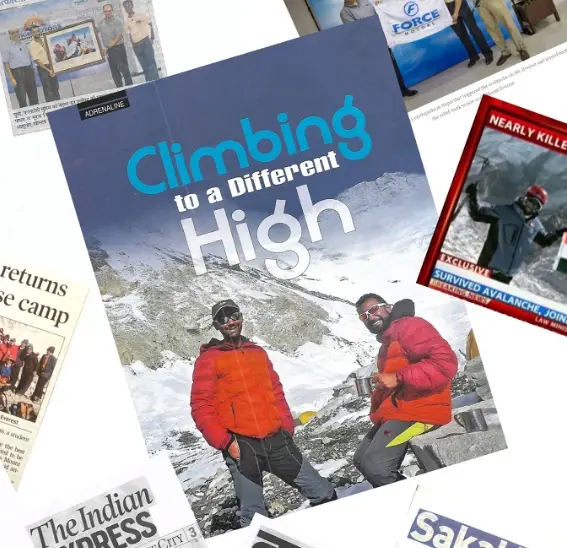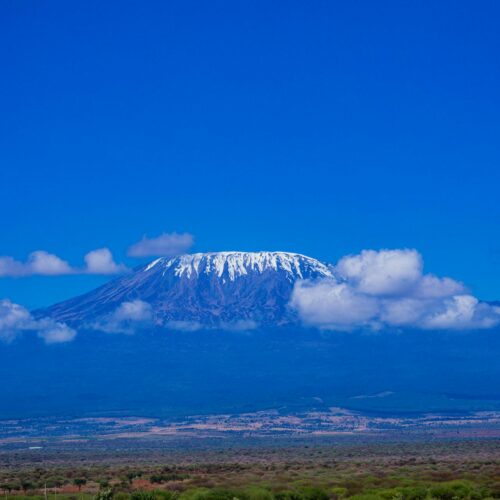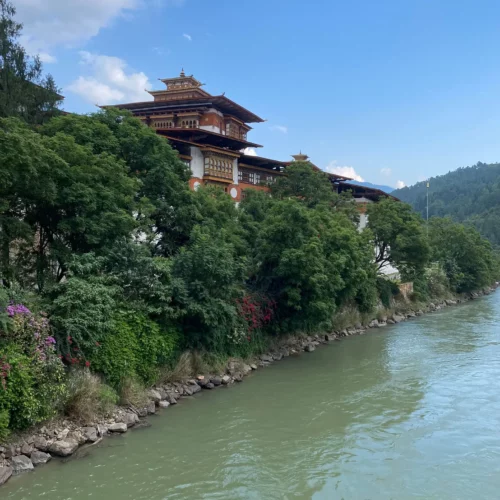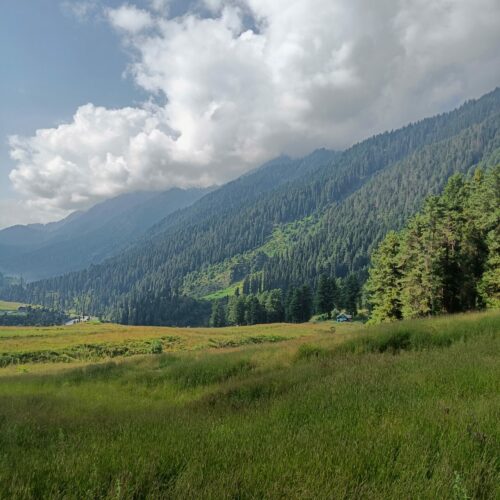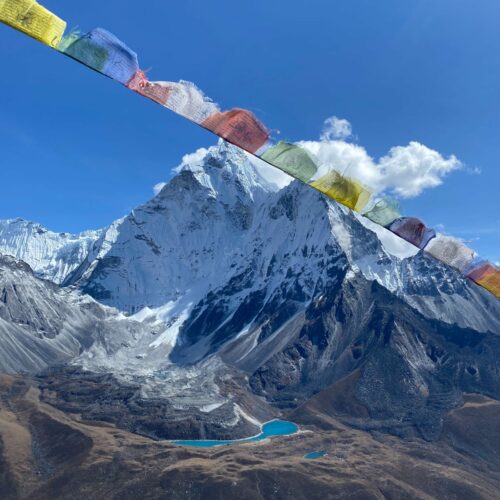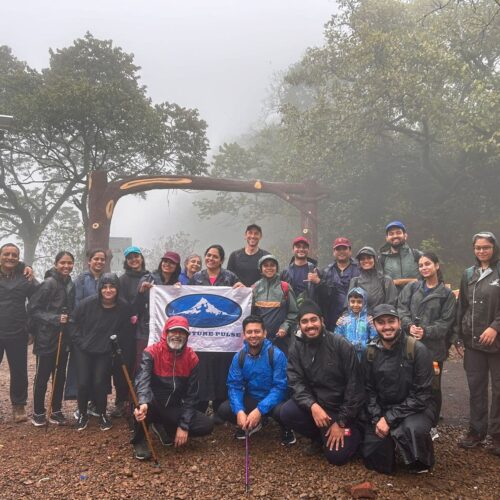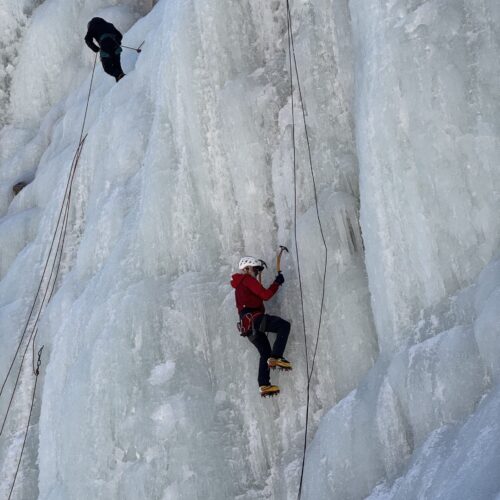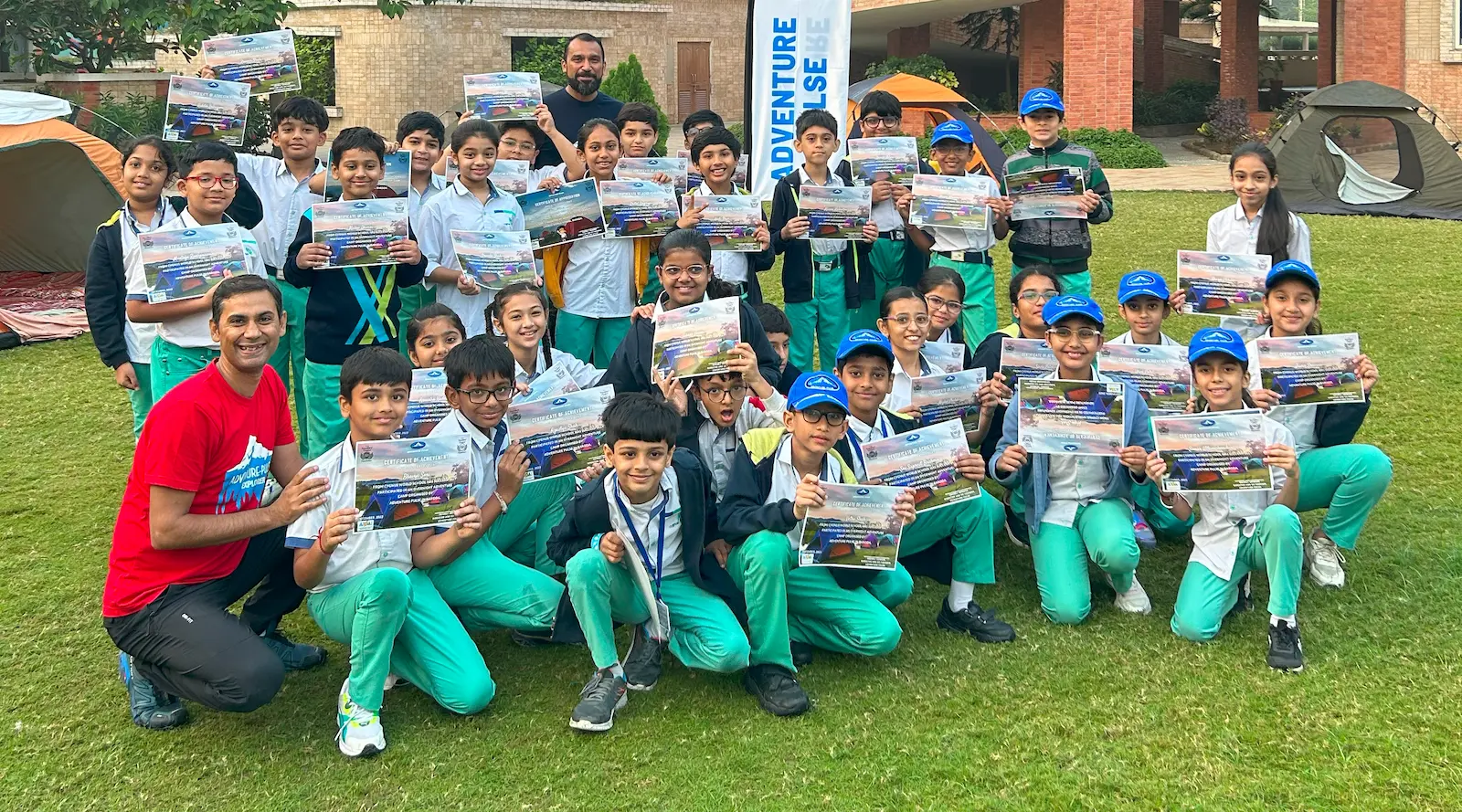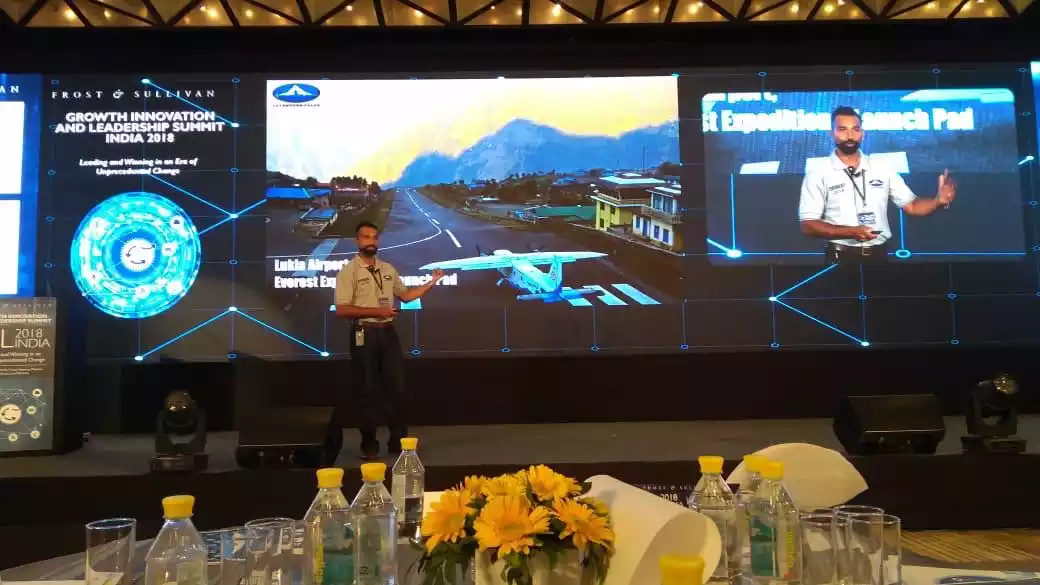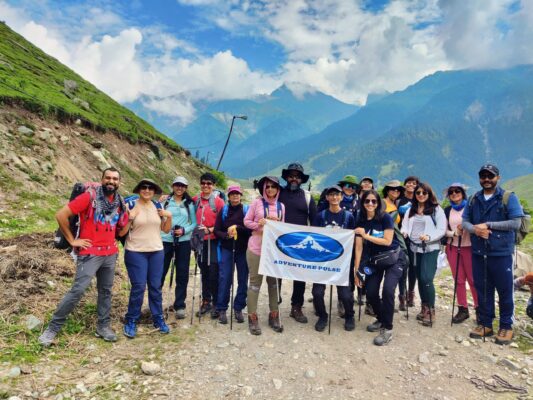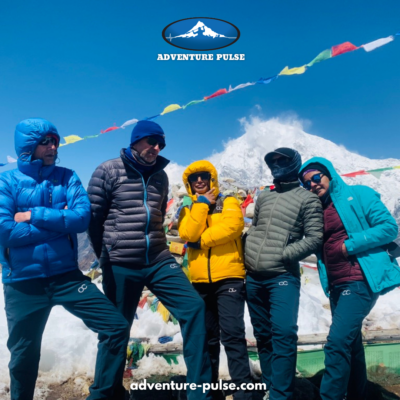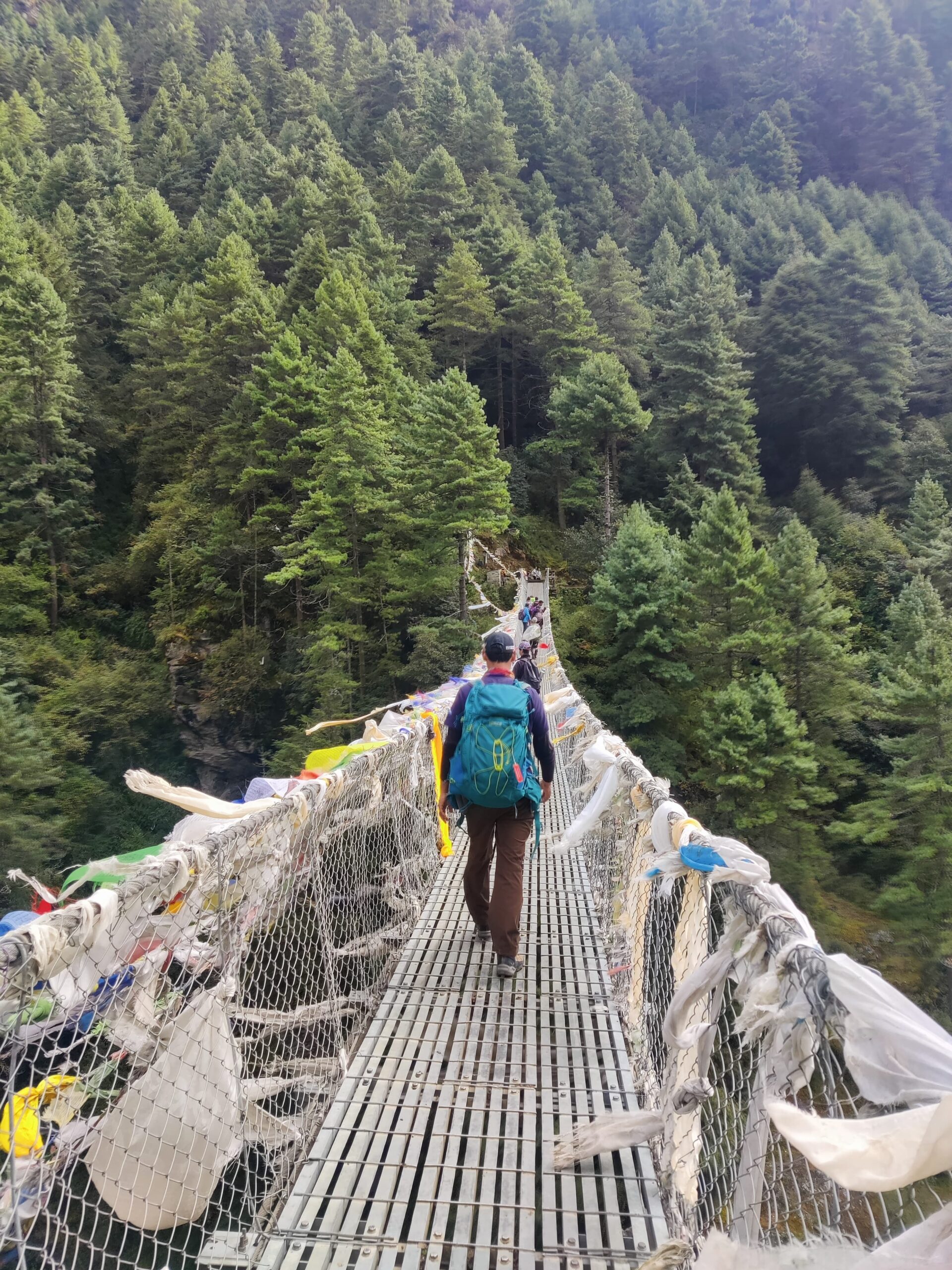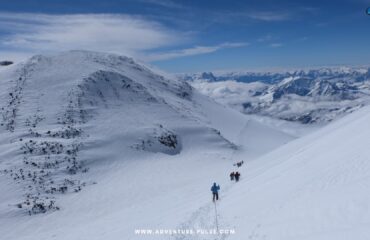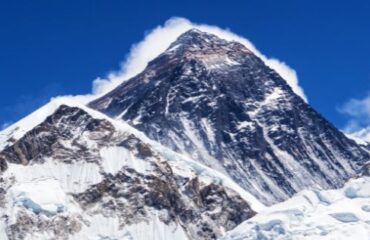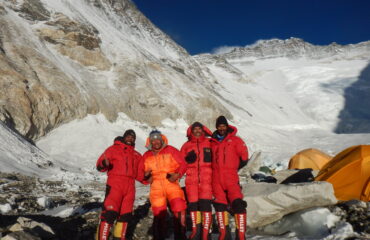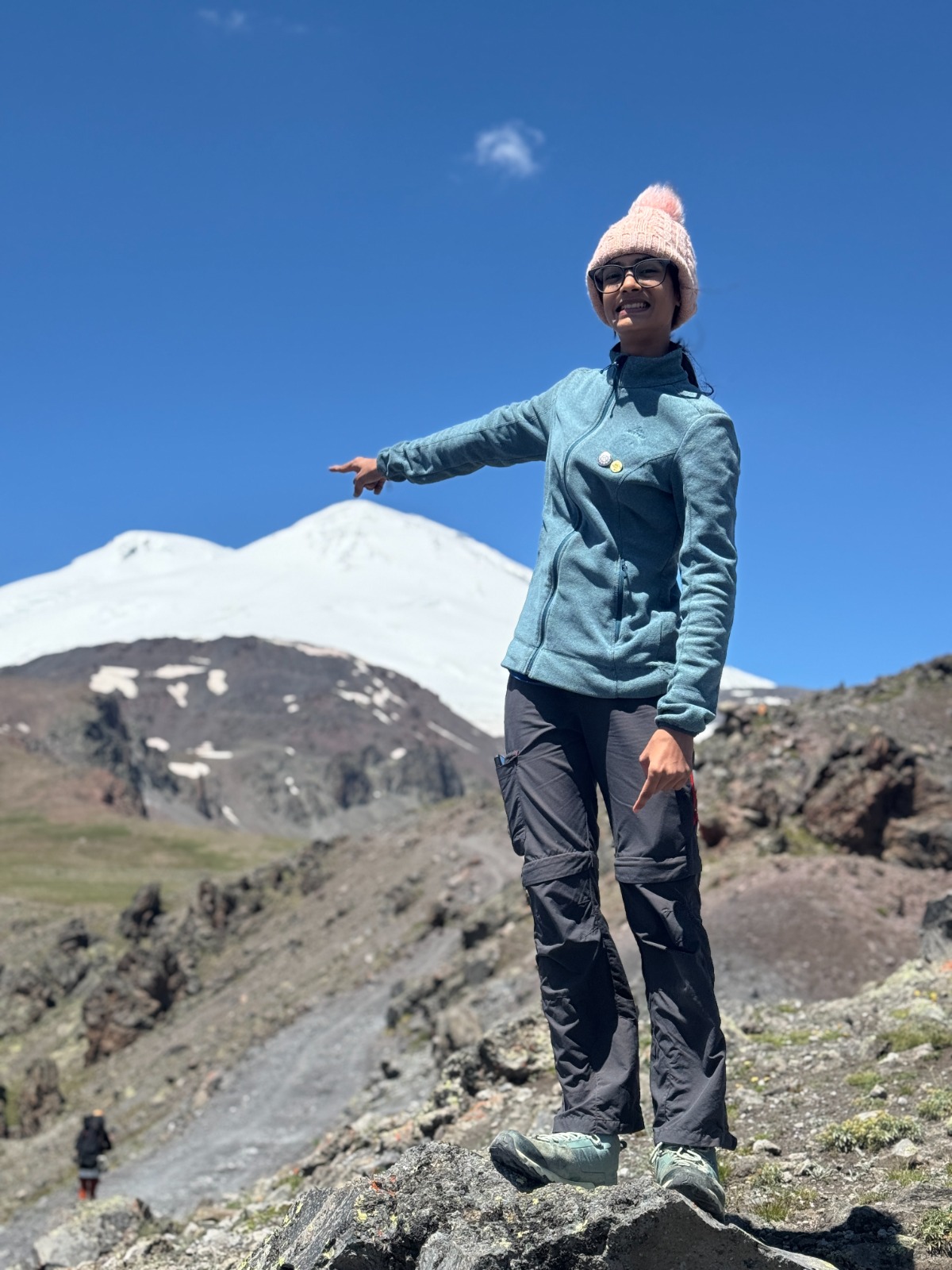
Lessons from Elbrus: When a 15-Year-Old Climbed Beyond the Summit
Not all successful mountain stories end with summits. Unlike marathons and triathlons, where the finish line or checkered flag is the inevitable goal, the mountains write their own endings. They challenge you, force you out of your comfort zone, and hold you accountable in ways no stopwatch ever could. Every step upwards demands more — thinner air, colder winds, harsher terrain, and a body struggling to adapt to an increasingly hostile environment.
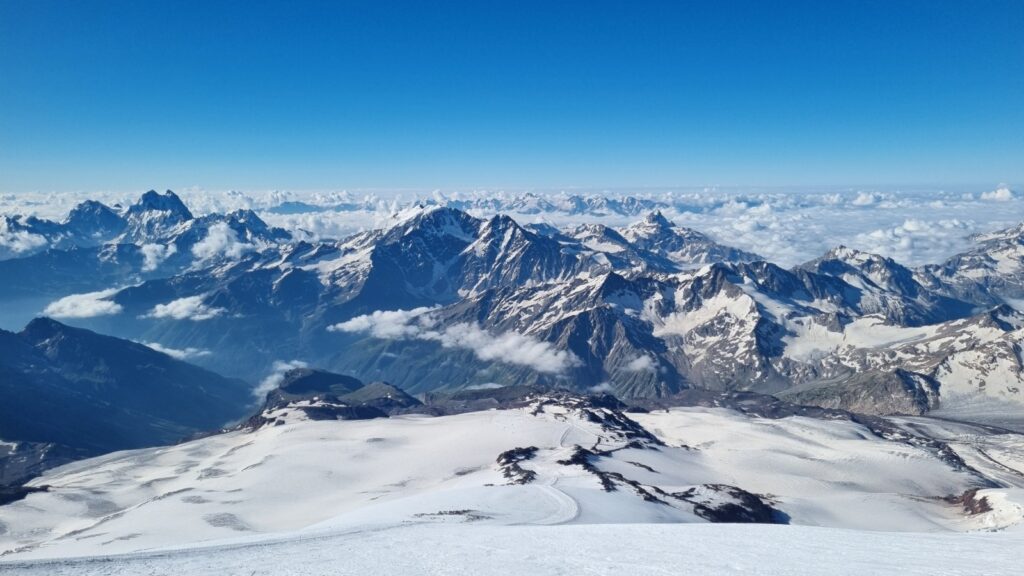
In the mountains, competition isn’t against others. It’s against yourself, your doubts, your limits. On a good day, you survive. On a great day, you might even reach the summit.
This truth came alive for me on our recent Adventure Pulse expedition to Mt. Elbrus, Europe’s highest peak, where I had the privilege of leading an exceptional team of climbers. Among them was someone very special: 15-year-old Anaaya Shah, making her debut in the international mountaineering circuit.
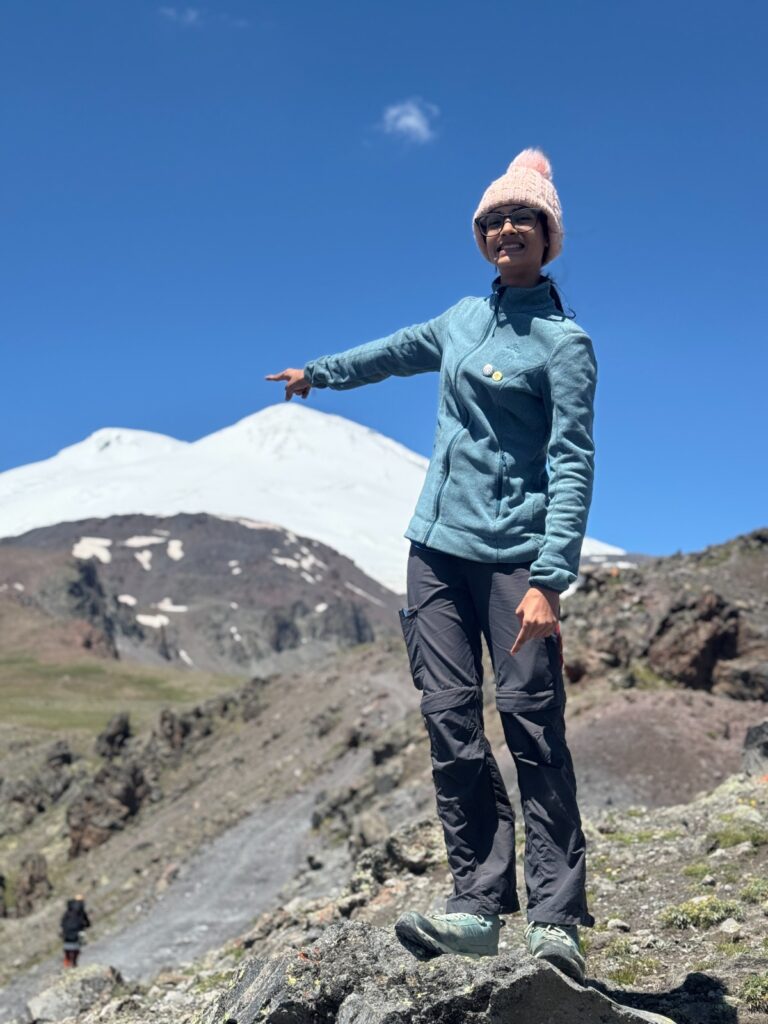
But here’s what made her journey different: she wasn’t on this mountain as a child with parental safety nets. She was here as a climber, on her own merit, surrounded by teammates she had to rely on—and who relied on her in turn.
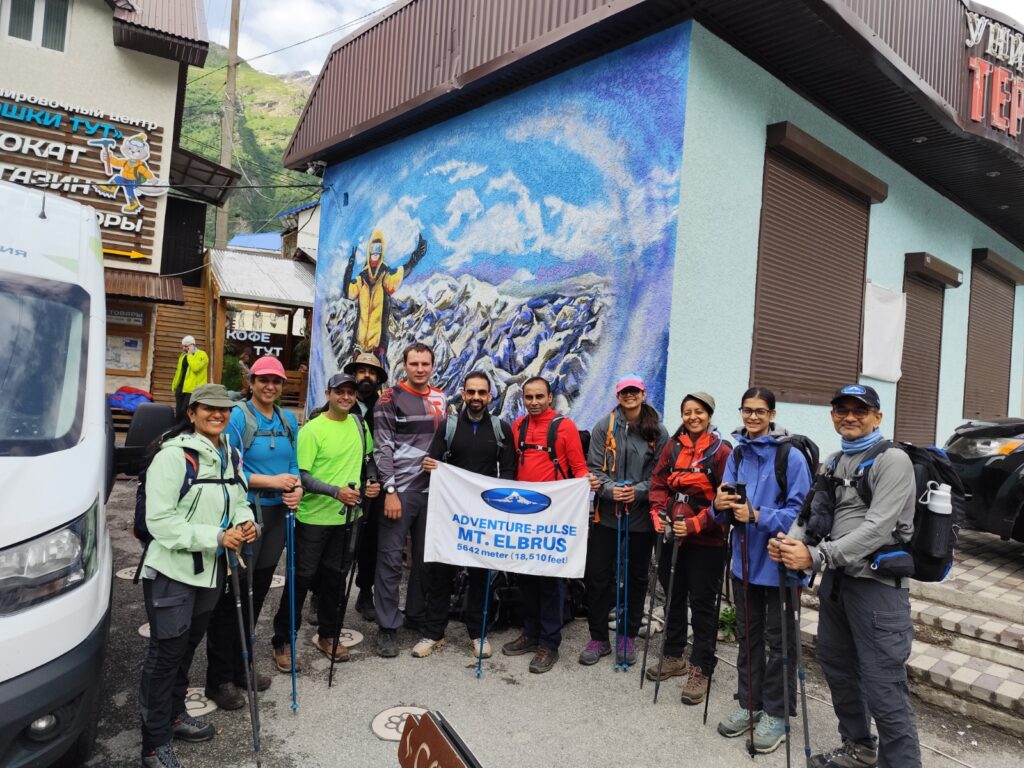
The Making of a Young Climber
From day one, Anaaya surprised us. While many first-time climbers need time to find their rhythm, Anaaya naturally slipped into the pulse of the team.
On our acclimatization hikes, she often took the lead—setting a steady pace, waiting patiently for others, encouraging teammates who were struggling. More than once, I caught the older climbers exchanging glances as if to say: “Is she really just fifteen?”
One evening at the hut, during dinner, a teammate remarked:
“Anaaya, you don’t talk much, but when you do, it’s always with a smile that lifts everyone up.”
She smiled, shrugged, and replied softly: “I’m just so glad to be in the mountains. I feel at peace when we walk here.”
That quiet maturity became her hallmark.
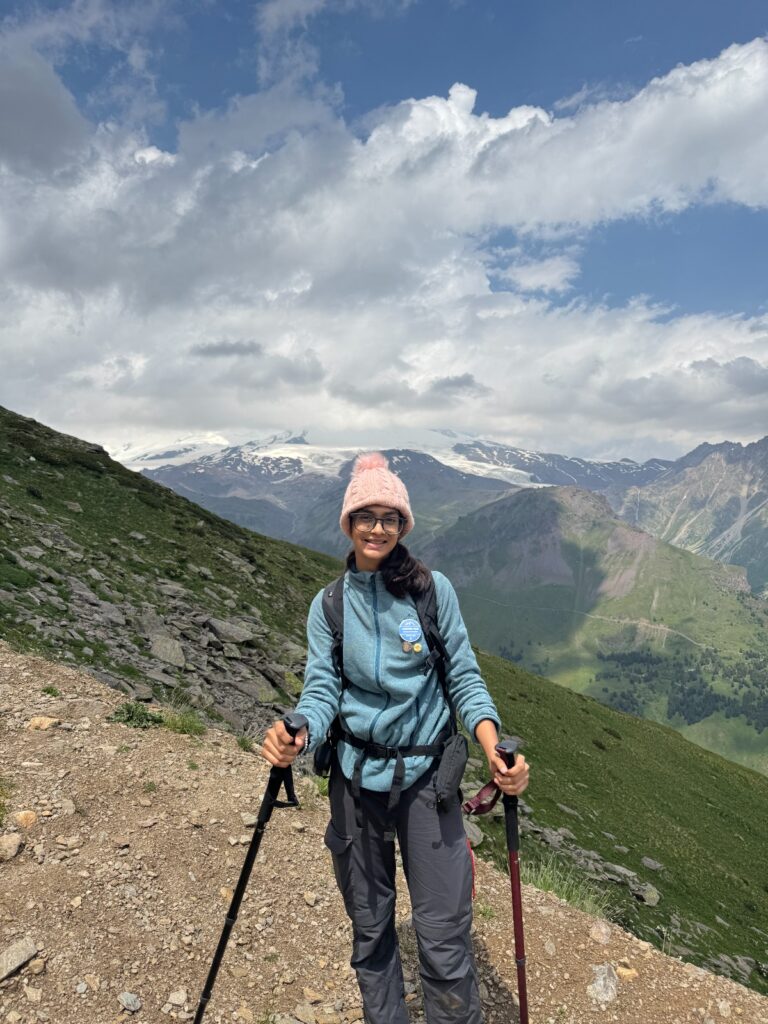
Summit Day: The Hardest Decision
The true test came on Summit day. We began in the dead of night, headlamps flickering against snow that crunched like broken glass. The cold was biting, and every breath was thin and heavy.
For hours, Anaaya powered on—her determination carrying her past fatigue. But at around 280 meters below the summit, the signs became clear: her pace slowed, her steps unsteady. She admitted she hadn’t been able to drink enough water. Dehydration had set in.
The Russian Guide, Nikoli in his abrupt candid way, said “ You are not looking good. You are done. You should go down.”
She turned to me and asked: “Sam Sir, I can keep going… but should I?”
That single question carried the weight of every climber’s ultimate dilemma: **Summit vs. Safety.**
I paused, measured her condition, and weighed the risks. Then I looked her in the eye.
“Anaaya, you need to turn back.”
For a moment, she just stood there, silent. The summit was within touching distance. Six months of preparation, hours of training, and a dream she had carried for so long—now just out of reach.
She lowered her head and buried her face hidden behind her gloved hands overcome with emotion.
As I reflect, I feel the heaviness of the decision. At her age, I would have railed against the mountain, against my guide, against fate itself. But Anaaya walked down the mountain despite her exhaustion, every step deliberate, holding herself with composure.
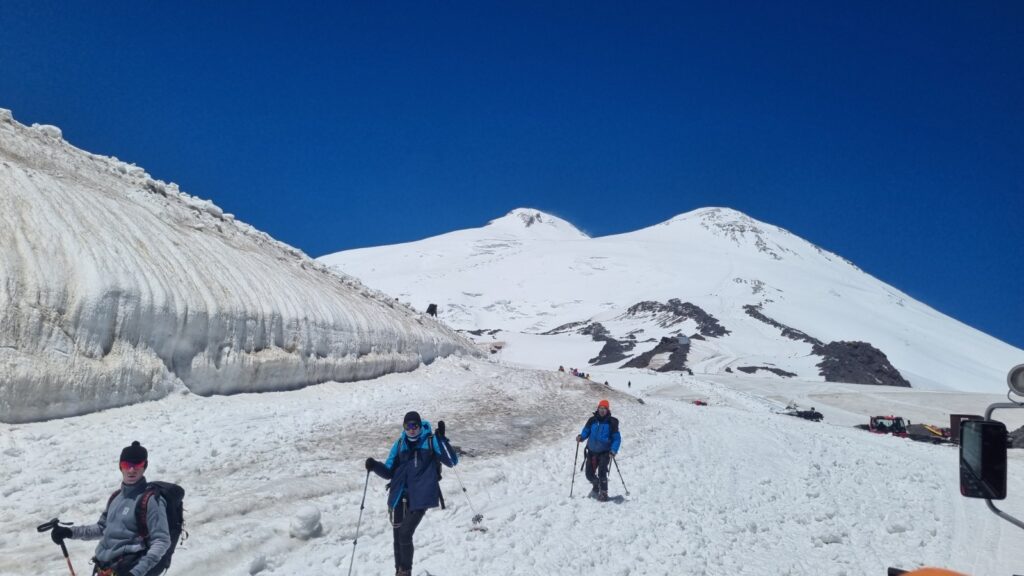
The Conversation That Changed Everything
Back at camp, after some rest, she came to me.
“I am angry and upset,” she admitted. “But not with you. I worked so hard Sam Sir. It doesn’t seem fair. But I think… the mountain was teaching me something else today.”
I asked her what she meant. She replied:
“That it’s not always about reaching the top. It’s about knowing when to stop, and being strong enough to accept it.”
In that moment, the student became the teacher.
Her words carried more weight than any summit photo could. She had faced disappointment with a grace that even seasoned climbers struggle to muster. And later that evening, when the rest of the team celebrated their successful ascent, she joined them—not as someone left behind, but as a teammate proud of the collective achievement.
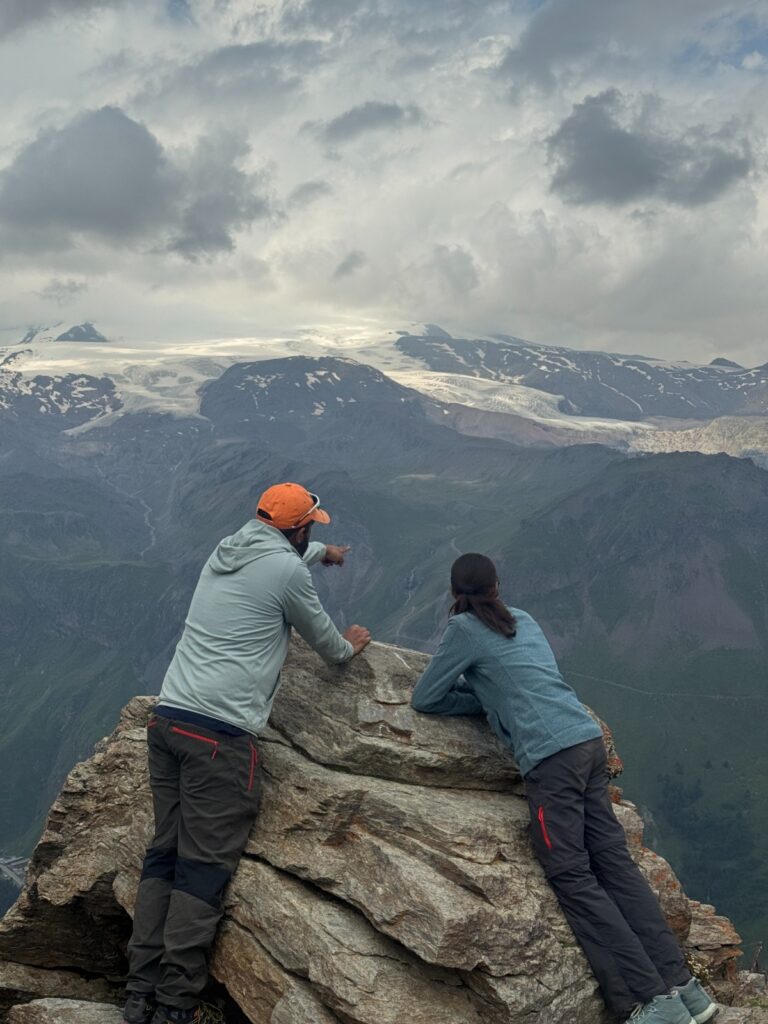
Lessons Beyond the Mountain
For me, Anaaya’s journey on Elbrus is a powerful reminder of the deeper lessons the mountains offer:
- The Summit Is Never Guaranteed: Mountains teach us humility. Unlike races or exams, where the finish line is fixed, the summit is always conditional. Success is defined not just by reaching the top, but by returning safely.
- Maturity Isn’t About Age: Watching Anaaya weigh disappointment against perspective showed me that resilience can come at any age. Her ability to put the team’s safety and shared journey above personal ambition was nothing short of remarkable.
- The Hardest Decisions Are Often the Bravest: Choosing to turn back, especially so close to the goal, takes more courage than pushing recklessly ahead. The mountains reward those who listen to their limits—and punish those who don’t.
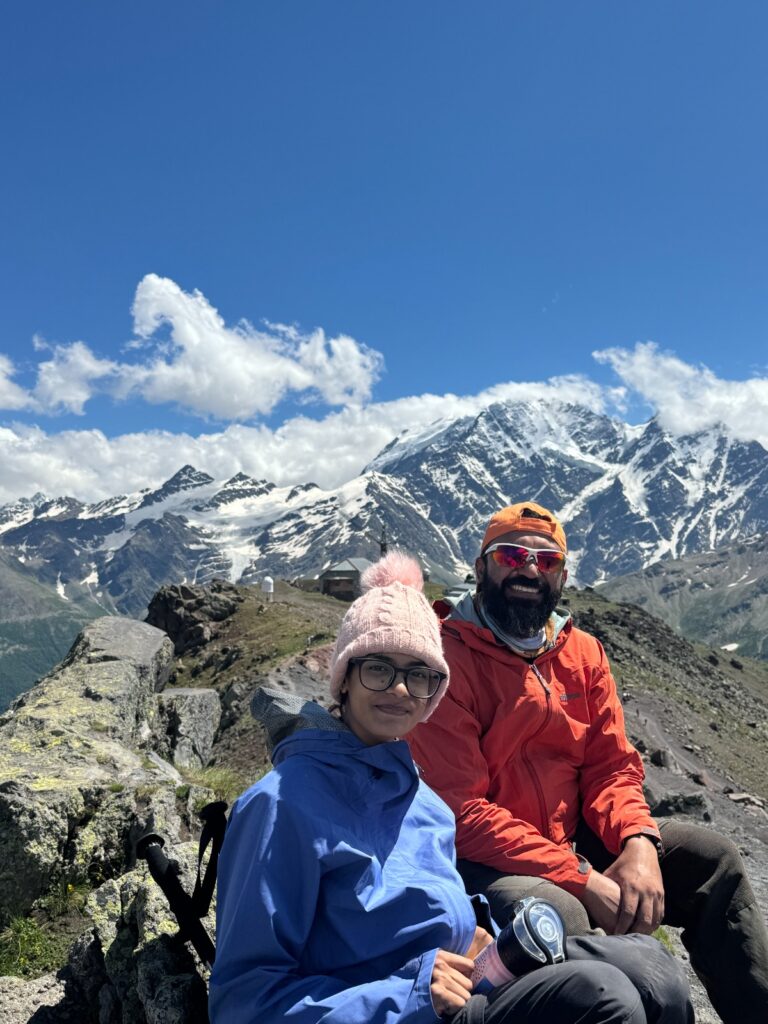
Anaaya’s Mark on Elbrus
In the days that followed, her spirit became an inspiration to the rest of us. Whenever someone struggled on the descent, Anaaya was the first to step up—carrying gear, especially on the cable car, spending time sightseeing in Pyatigorsk , or simply saying:
“We’re a team and so I want to be together.”
In a way, not summiting gave her the chance to show a different kind of strength: the strength of leadership, patience, and perspective.
As I reflect on that expedition, I realize Anaaya’s Elbrus story is not about “falling short.” It’s about showing the world that even at fifteen, she already understands what many climbers take years to learn: the mountain doesn’t measure you by your summit count—it measures you by your wisdom.
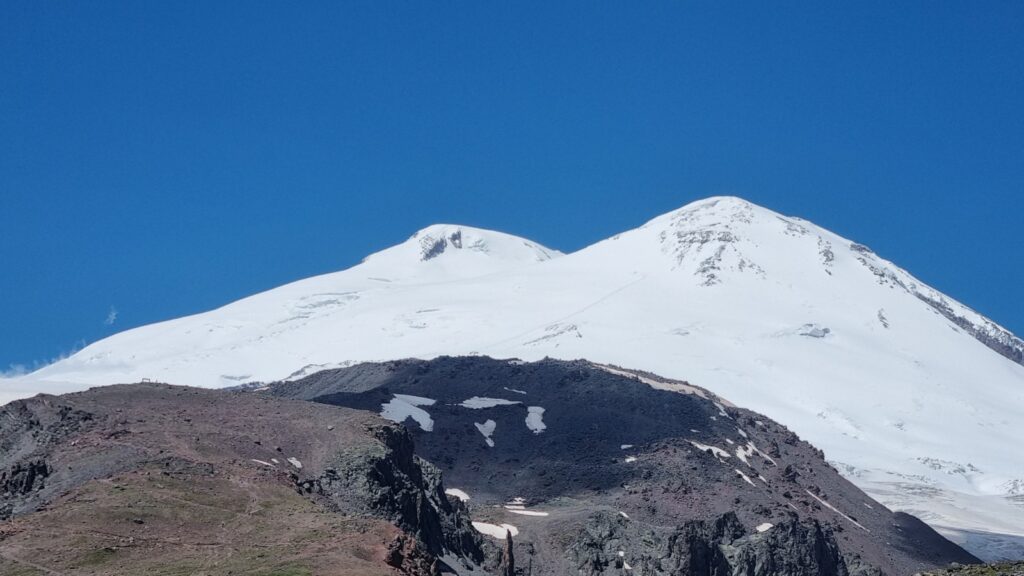
The Bigger Picture
Mountains mirror life itself. We chase goals, we prepare endlessly, and sometimes, despite our best efforts, circumstances force us to turn back. In those moments, character matters more than achievement.
Anaaya’s decision at 280 meters from the summit is one she will carry with her for the rest of her life. Hopefully not as a regret, but as proof that she has the resilience to face setbacks with grace.
As she put it to me on our last day in Russia:
“I’ll be back. The summit will wait.
Wise words from a young climber who has already begun to master not just mountains, but herself.
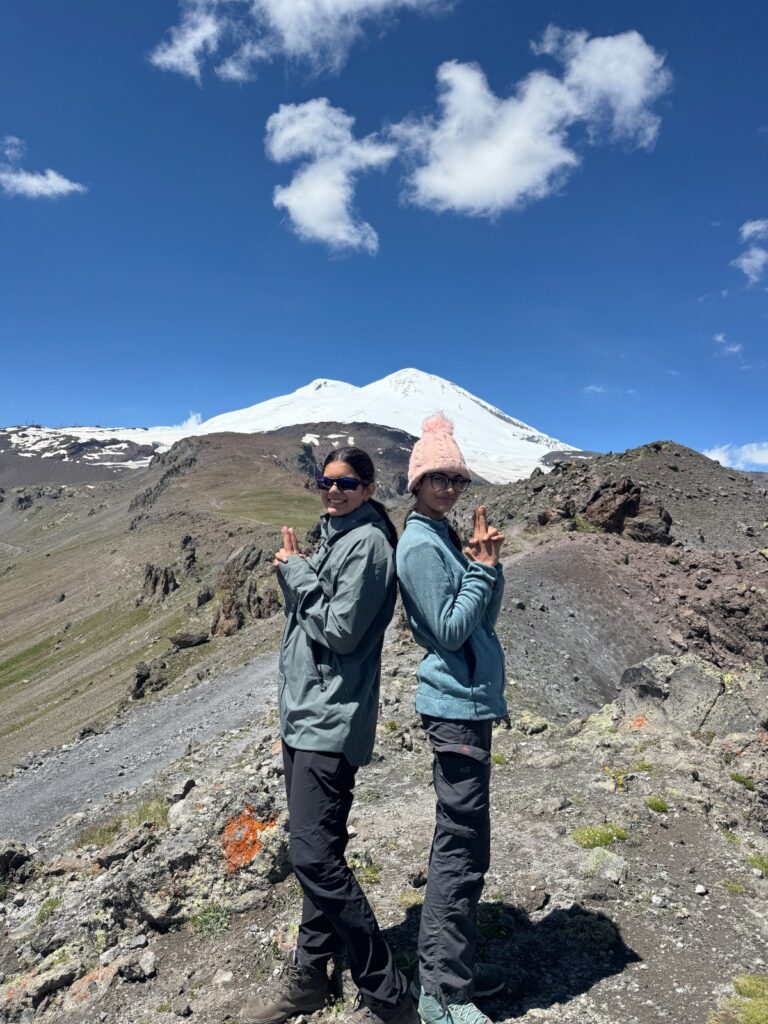
Closing Thought
When I think of Elbrus now, I don’t think first of the summit views or the team’s victory photo. I think of Anaaya—turning back with quiet strength, teaching us that maturity isn’t about age, and reminding us of the mountain’s greatest lesson: True success isn’t measured in summits, but in wisdom gained along the way.
